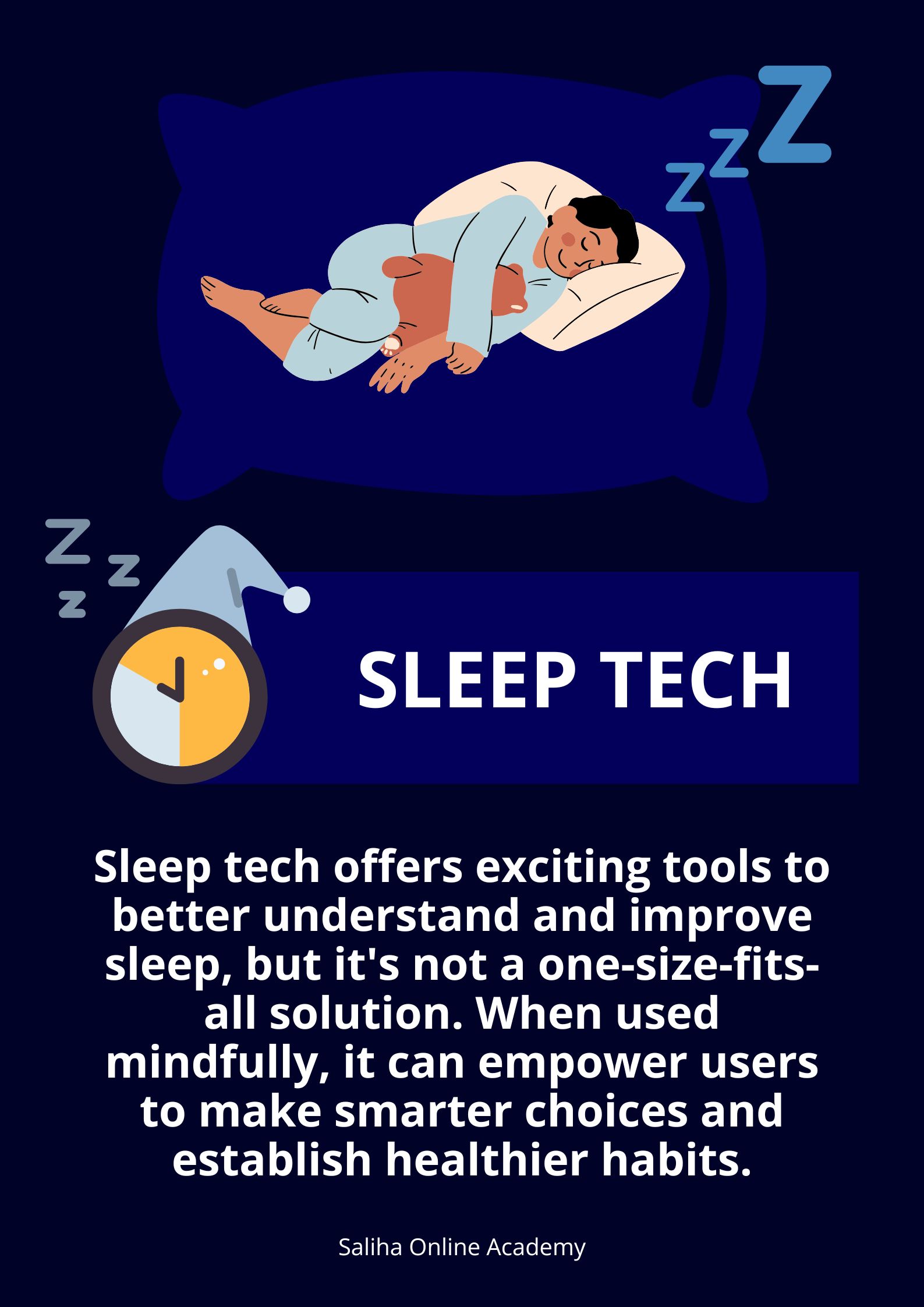Sleep Tech: Can It Actually Fix Your Sleep?
In today’s fast-paced world, quality sleep has become a luxury for many. With rising levels of stress, screen exposure, and demanding schedules, sleep disorders are on the rise. Enter sleep technology—a booming industry promising to improve the way we rest. But the question remains: Can sleep tech actually fix your sleep, or is it just another wellness trend?
What Is Sleep Technology?
Sleep tech includes a wide range of tools and devices designed to monitor, improve, or regulate sleep patterns. From smart mattresses and wearable trackers to white noise machines and sleep apps, the goal is to give users more control over their sleep habits through real-time data and actionable insights.
The Promise of Better Sleep
Companies behind sleep tech products claim that their devices can help users fall asleep faster, stay asleep longer, and wake up feeling more refreshed. By tracking metrics like heart rate, breathing patterns, movement, and sleep stages, users can gain a better understanding of what’s disrupting their rest.
Some of the most popular types of sleep tech include:
· Smartwatches and fitness bands that monitor sleep duration and quality
· Sleep trackers that analyze body movements and breathing
· Smart beds and mattresses with adjustable firmness and temperature settings
· Sleep apps offering guided meditation, white noise, or sleep soundscapes
· Blue light-blocking glasses to reduce screen-related sleep issues
Can Sleep Tech Actually Help?
1. Sleep Awareness and Accountability
One of the biggest benefits of sleep tech is increased awareness. By seeing data on your sleep patterns, you may be more likely to adopt healthier habits. For example, noticing poor sleep after a late-night screen session may encourage you to shut off devices earlier.
2. Tracking Trends Over Time
Long-term tracking helps users recognize patterns such as the impact of caffeine, stress, or exercise on sleep quality. This can lead to more personalized routines and better decision-making.
3. Environmental Control
Smart bedroom devices like temperature regulators and sound machines can help create the ideal sleep environment. Cooler temperatures and consistent background noise, for instance, can improve the duration and quality of deep sleep.
4. Guided Sleep Tools
Apps offering relaxation techniques, sleep stories, and breathing exercises can assist those who struggle with falling asleep due to anxiety or racing thoughts. These digital tools support mental relaxation, a key component of good sleep hygiene.
The Limitations of Sleep Technology
Despite its benefits, sleep tech isn’t a magic fix for all sleep problems.
· Data isn’t always accurate. Consumer-grade trackers can sometimes misinterpret movements or breathing patterns, leading to incorrect conclusions.
· Over-reliance on gadgets. Some users may develop sleep anxiety by constantly monitoring their sleep, which ironically worsens the problem.
· Underlying health conditions. Sleep tech cannot diagnose medical issues such as sleep apnea or insomnia. In such cases, professional help is necessary.
Expert Advice Still Matters
While sleep tech can be helpful, it’s most effective when combined with expert guidance and healthy lifestyle choices. If you’re struggling with chronic sleep issues, consult a sleep specialist. Technology should supplement—not replace—professional medical advice.
Tips for Better Sleep—With or Without Tech
· Stick to a regular sleep schedule, even on weekends.
· Avoid screens an hour before bed to reduce blue light exposure.
· Create a calming bedtime routine to signal your body it’s time to sleep.
· Keep your bedroom cool, dark, and quiet.
· Limit caffeine and heavy meals in the evening.
Conclusion
Sleep tech offers exciting tools to better understand and improve sleep, but it’s not a one-size-fits-all solution. When used mindfully, it can empower users to make smarter choices and establish healthier habits. However, for long-lasting results, sleep hygiene, lifestyle adjustments, and sometimes professional help remain essential.
So, can sleep tech fix your sleep? It can certainly help—but only if you use it wisely and in combination with proven sleep strategies.
- Info@salihaonlineacademy.com
- Chaman Zar Colony, Rawalpindi
- Sunrise At: 5:15 AM
- Sunset At: 4:50 PM
- Let’s Talk +923301790195


Leave A Comment